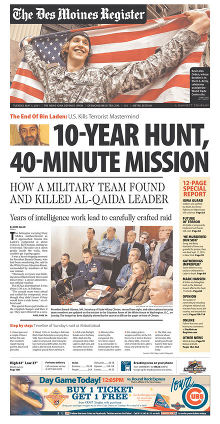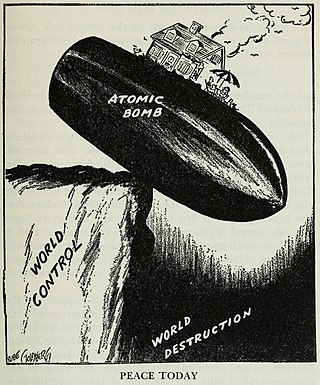
Jay Norwood Darling, better known as Ding Darling, was an American cartoonist who won two Pulitzer Prizes. He was an important figure in the 20th century conservation movement and founded the National Wildlife Federation. In addition, he was known to be close friends with Walt Disney.

The Pulitzer Prize for Editorial Writing is one of the fourteen American Pulitzer Prizes that are annually awarded for Journalism. It has been awarded since 1917 for distinguished editorial writing, the test of excellence being clearness of style, moral purpose, sound reasoning, and power to influence public opinion in what the writer conceives to be the right direction. Thus it is one of the original Pulitzers, for the program was inaugurated in 1917 with seven prizes, four of which were awarded that year. The program has also recognized opinion journalism with its Pulitzer Prize for Editorial Cartooning from 1922.

The Pulitzer Prizes for 1980 were announced on April 14, 1980. A total of 1,550 entries were submitted for prizes in 19 categories of journalism and the arts. Winners were chosen by the 16-member Pulitzer Prize Board, presided over by Clayton Kirkpatrick. For the first time in the Prizes' history, finalists were announced in addition to the winners.

The Des Moines Register is the daily morning newspaper of Des Moines, Iowa, United States.

The following are the Pulitzer Prizes for 1963.
The following are the Pulitzer Prizes for 1938.
The following are the Pulitzer Prizes for 1954.
The following are the Pulitzer Prizes for 1943.

The following are the Pulitzer Prizes for 1985.
The 1971 Pulitzer Prizes are:
The following are the Pulitzer Prizes for 1937.

The following are the Pulitzer Prizes for 1948.

The following are the Pulitzer Prizes for 1952.

The following are the Pulitzer Prizes for 1956.
The following are the Pulitzer Prizes for 1958.
The Pulitzer Prizes for 1968 are:
fThe following are the Pulitzer Prizes for 1976.
The following are the Pulitzer Prizes for 1979.

Frank Andrea Miller was an American editorial cartoonist. He was a cartoonist for the Des Moines Register from 1953 to 1983. In 1963, Miller received the Pulitzer Prize for Editorial Cartooning for his notable editorial cartoon on nuclear warfare which depicts a world destroyed and one ragged figure saying to another, "I said—we sure settled that dispute, didn't we!"
Lauren Kephart Soth was an American journalist and recipient of the 1956 Pulitzer Prize for Editorial Writing.









